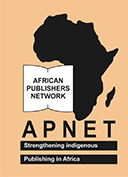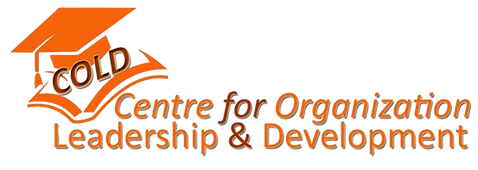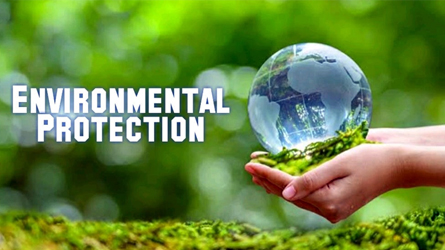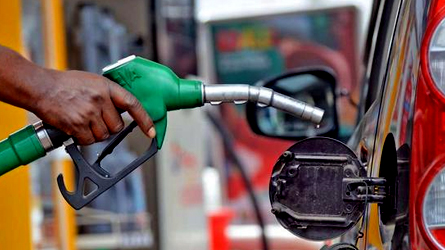Partners
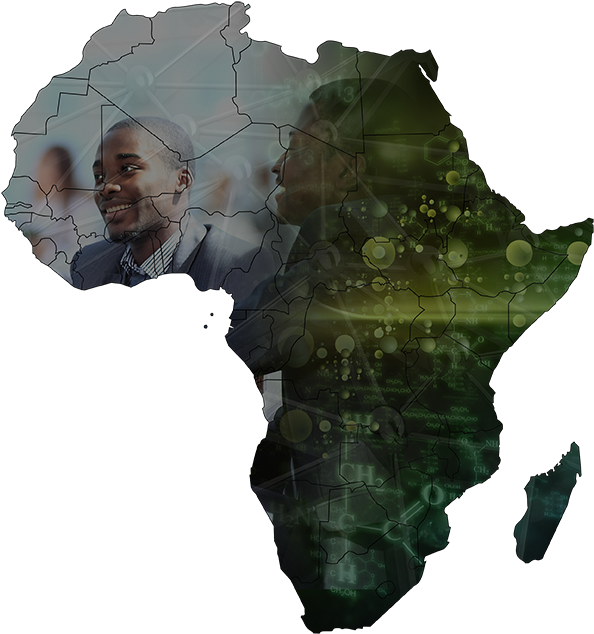
The Challenge
Like much of the world, Africa faces many crises. Two, in particular, threaten the very biosphere, the conditions that make life possible for humans and other species: the climate crisis and catastrophic biodiversity loss. A third crisis is deeply related to the other two: unjustly leaving behind vulnerable individuals and communities in the transition to low-carbon economies and societies.
Despite contributing minimally to global greenhouse gas emissions—accounting for just 3.8% compared to China’s 23%, the US’s 19%, and the European Union’s 13%—Africa is widely regarded as the continent most vulnerable to climate impacts. 17 of the 20 countries most vulnerable to climate impacts are in Africa.
The continent already endures some of the most severe repercussions. Similarly, most African countries are lagging on two key targets of the Convention on Biological Diversity (CBD): improving knowledge and financial resources – risking further degradation and loss of threatened or endangered species and ecosystems. Finally, volatile economies, high unemployment, government inaction, inequality, and other factors – combined with biodiversity loss and climate impacts – across much of the continent create obstacles to justly including many, if not most, populations in the transition to low-carbon economies.
A Call To Rise Up
Despite these challenges, Africa is not just a casualty but also a leader in addressing the extraordinary biodiversity, climate, and just transition crises – for Africa and the world. Much of the continent can bypass some of the worst aspects of fossil fuel dependence and instead accelerate renewables.
Further, Africa is the home of myriad Indigenous traditions that have lived in balance with the Earth since time immemorial and that could provide desperately needed insight and education for much of the modern world.
Additionally, different locales, countries, and regions have myriad assets to leverage – from conservation excellence to renewable energy, from regenerative agriculture to possibilities of sustainable mining, from ecotourism to the blue economy – and more.
The time to rise up is NOW!

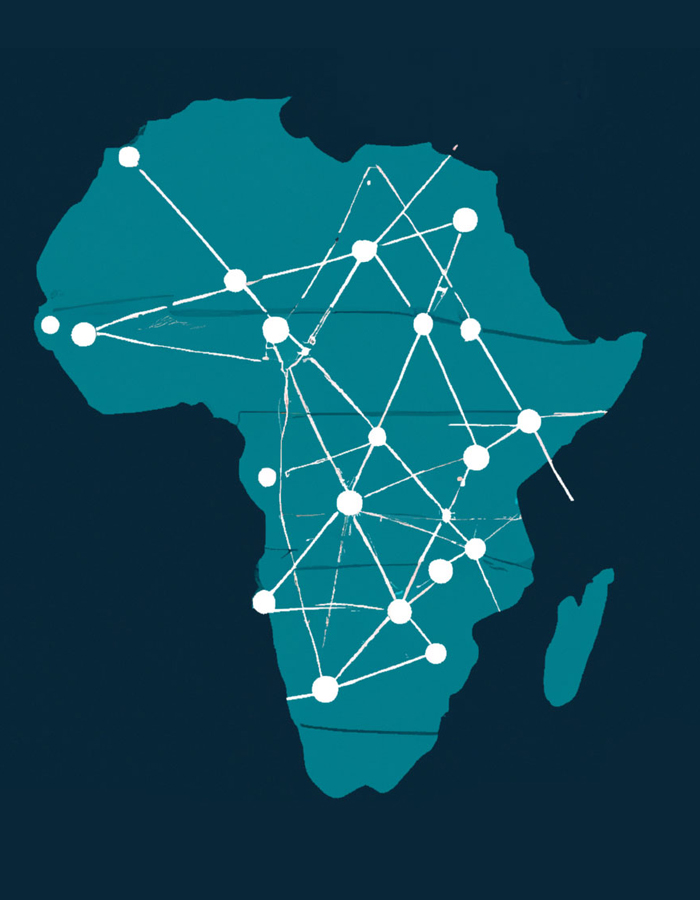
Urgency
We’re in a race against time. 2029 and 2030 are critical years.
Based on current emissions rates, by 2029, the world will surpass critical temperature thresholds, creating significant and potentially long-lasting impacts on climate stability, ecosystems, and human societies, with risks increasing as temperatures rise further.”
2030 is a milestone year of critical targets for several global, national, and sectoral initiatives aimed at averting climate catastrophe and restoring biodiversity, including the Paris Agreement, United Nations Sustainable Development Goals, the Convention on Biological Diversity, numerous initiatives by dozens of nation states, several critical sectoral initiatives (e.g., energy and transportation sectors), and more.
We need “all hands on deck” – as many people as possible, from all walks of life – strengthening and accelerating the capacity of African nations, movements, communities, organizations, and individuals to meet and exceed 2030 climate and biodiversity targets, and to work with others worldwide to avoid crossing critical temperature thresholds in 2029 – or in any other year.
The Vision
Over the next several years, through at least 2030, our Co-Creating a Regenerative Africa initiative will engage millions of people throughout the continent and the world in numerous activities and programs to create, find, and implement solutions to the climate, biodiversity, and just transition crises.
Our Call for Literary Works project and this Regenerative Africa Library will be pillars of the overall initiative. “Knowledge is power,” and we will use the power of the pen and the pixel to educate, inspire, engage, and mobilize people – providing insights, showcasing solutions and highlighting pathways for transformative action.
Please join us!

